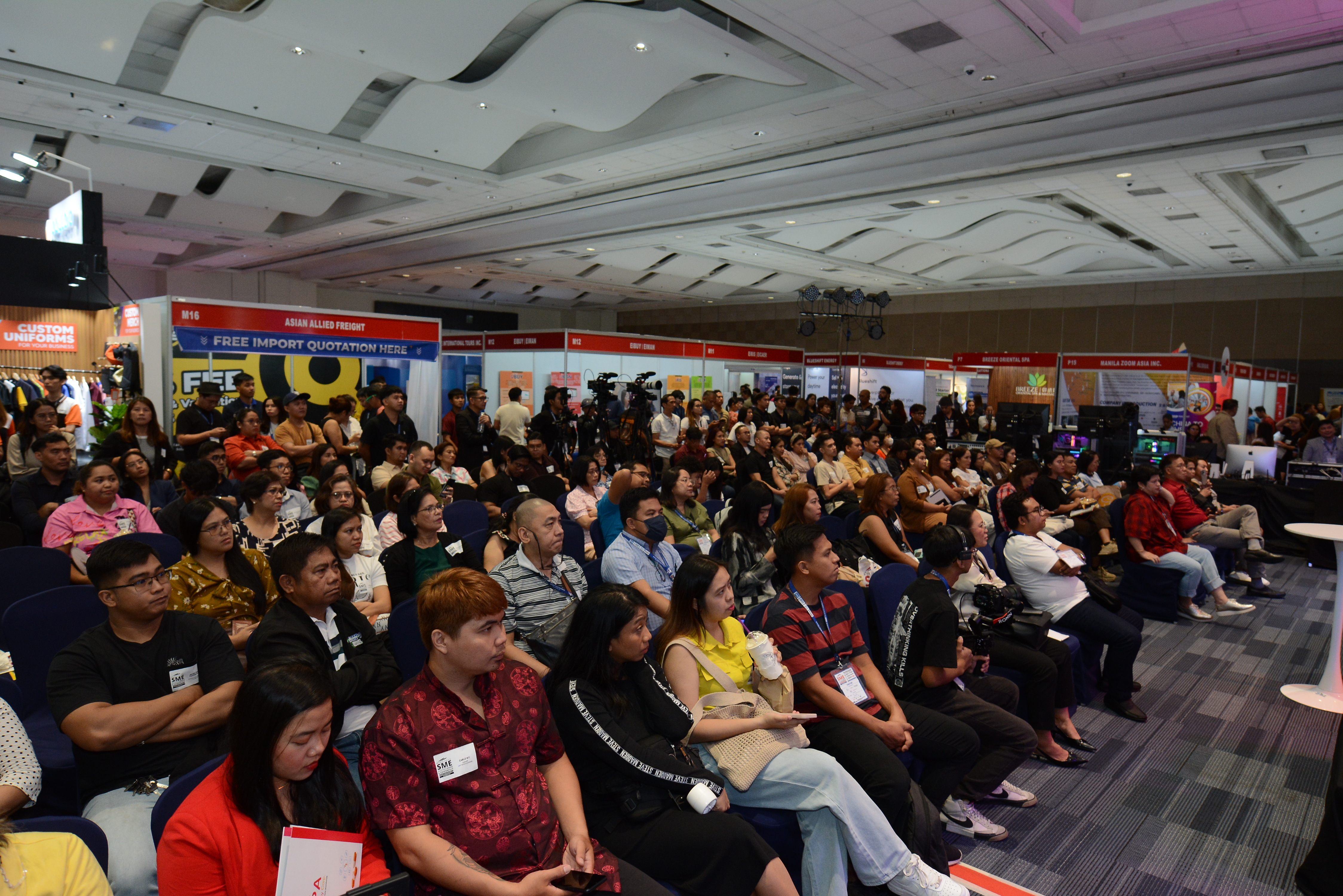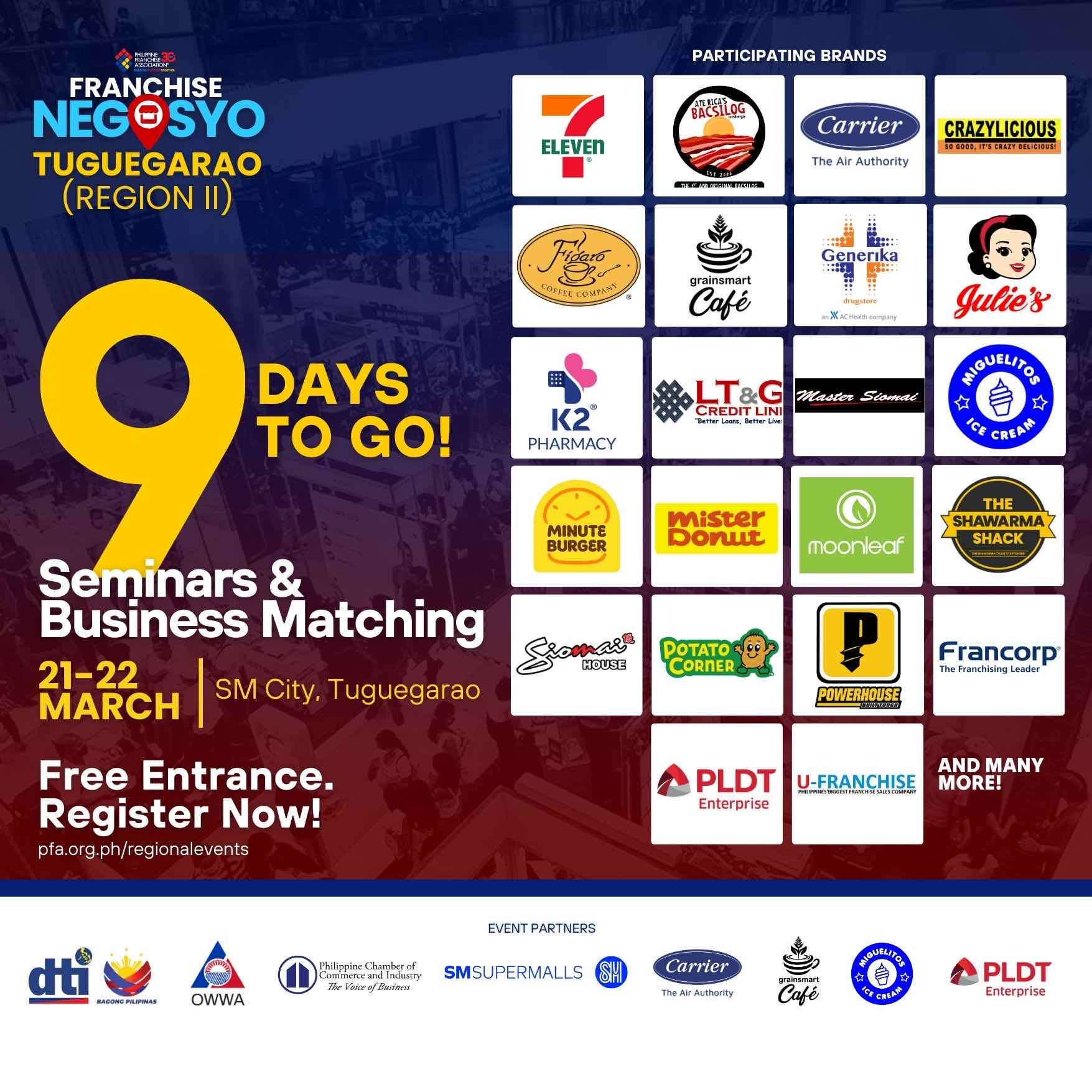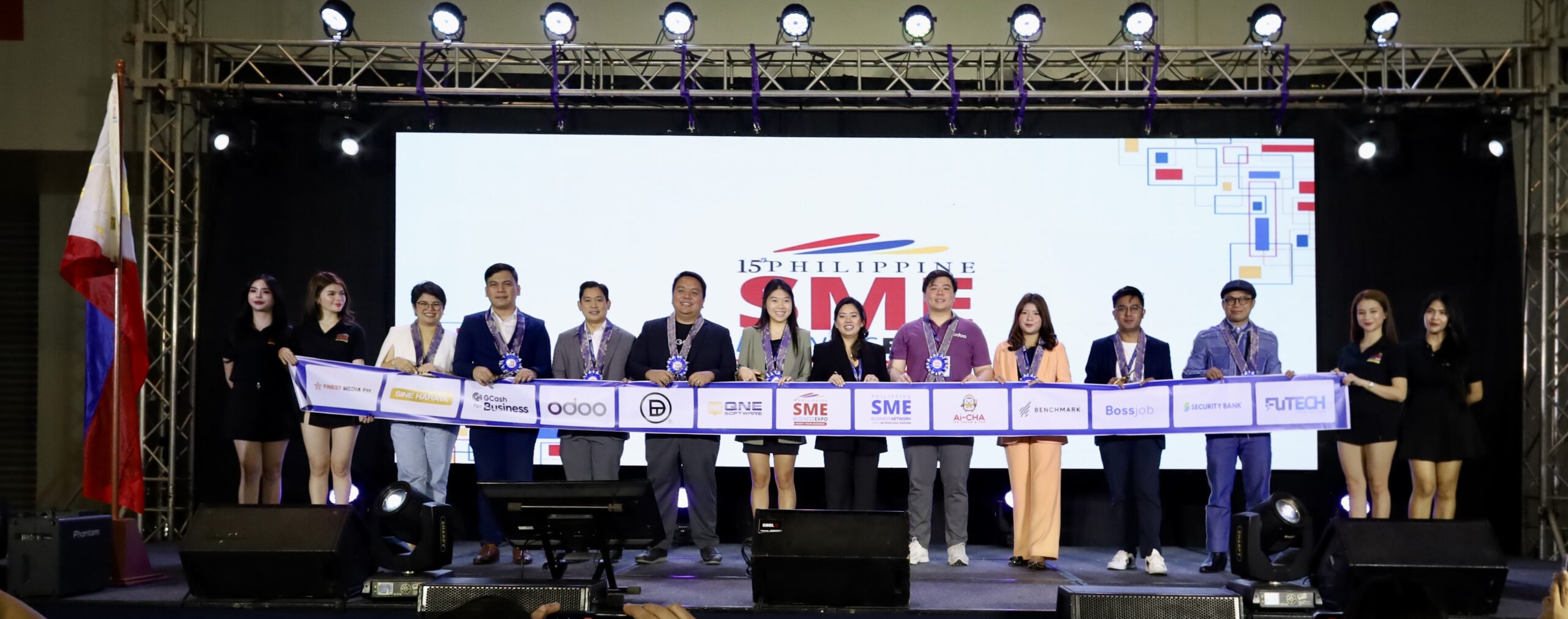IBPAP releases recalibrated subsector figures
With the IT and Business Process Management (IT-BPM) industry expected to continue growing in the coming years, the IT and Business Process Association of the Philippines (IBPAP) released the recalibrated growth figures of Roadmap 2022 at the International Innovation Summit 2019. These will serve as the sector’s guide in the next three years, which calls for stronger partnerships and more collaborations among private and public stakeholders.
IBPAP President and CEO Rey Untal, together with the Everest Group, shared that by 2022, the Philippine IT-BPM industry is expected to generate revenues around USD 29 Billion to USD 32 Billion while full-time employees will increase to about 1.42 Million to 1.57 Million. Both IBPAP and Everest also shared that the Compound Annual Growth Rate (CAGR) is at 3.5 percent to 7.5 percent in revenue for 2019 to 2022.
To achieve its maximum growth potential, IBPAP highlighted these accelerated efforts as priority areas for the sector:
- Enable the Filipino talent to pivot to higher-value services through a strategic, scalable, and sustainable talent upskilling and reskilling program. There is also a need to strengthen collaborations with the industry, academe, and government to promote lifelong learning and equip our workforce to move up the global value chain.
- Allocate resources on country branding to keep up with the rest of the ASEAN region and attract more investors and locators to the Philippines. The country’s overall narrative has to shift from purely tourism to highlighting the high-level skills of the Filipino workforce.
- Fortify the sector’s role in the formulation of proposed bills and its corresponding implementing rules and regulations. Equally important is taking on more public-private collaborations leveraging on the industry’s access to technology and consulting expertise.
- Encourage the entry of more startups and SMEs in the Philippine market by fostering a work culture that is conducive to exploring creative opportunities.
- Promote talent and infrastructure development within and outside Metro Manila. There is also a need to work with provincial bodies and other regional entities in improving ease of doing business and providing more support to the broader IT-BPM ecosystem.
As the recalibrated growth figures were finalized, each subsector set individual targets for their respective revenues and headcount.
For the revenues, the growth range of each industry vertical for 2019 to 2022 are as follows: Contact Centers and Business Processing is at 3.3 percent to 7.4 percent; IT and Software is at 3.2 percent to 6.7 percent; Global In-House Centers is at 3.2 percent to 5.2 percent, Healthcare Information Management is at 7.3 percent to 10.8 percent; and Animation and Game Development are at 7.3 percent to 12.3 percent.
As for headcount and full-time employees, growth figures for 2019 to 2022 are as follows: Contact Centers and Business Processing is at 2.8 percent to 6.7 percent; IT and Software is at 2.7 percent to 6.2 percent; Global In-House Centers is at 2.7 percent to 4.7 percent; Healthcare Information Management is at 6.8 percent to 10.2 percent; and Animation and Game Development are at 6.8 percent to 11.7 percent.
While Contact Center and Business Processing, Global In-House Centers, and IT and Software remain as the biggest subsectors, the recalibration highlights that Healthcare Information Management, Animation, and Game Development will grow at a higher rate than the overall Philippine IT-BPM industry. In order to facilitate this, each of IBPAP’s six partner associations are gearing up for a very busy 2020.
Contact Center Association of the Philippines: For 2020, CCAP’s main focus is to steer the Philippine contact center sector as the leader in customer experience (CX) transformation. This goal will be supported by CCAP’s primary focus areas, namely: countryside development, legislative and government relations, human capital development, membership engagement, and country marketing. A number of key initiatives have already been lined up, which include: a countryside program in partnership with the National ICT Confederation of the Philippines (NICP), data privacy compliance, and a talent and upskilling agenda among others. CCAP’s growing membership community can look forward to exciting member engagement programs including the Team Leader Summit, GenNext Leadership Forum, CCAP Fitness Festival, and the much-awaited annual flagship conference, Contact Islands 2020, which will be held at Shangri-La’s Boracay Resort.
Global In-House Center Council Philippines: GICC Philippines will continue to share best practices and collaborate with the industry’s best and brightest in 2020. Similar to what was done in 2019, the association will host productive, valuable, and informative workshops with the help of its Business Continuity Management (BCM) Sub-Committee, Quality & Continuous Improvement (Q&CI) Sub-Committee, and Human Resources (HR) Sub-Committee to ensure the sector is equipped with knowledge of the latest trends and remains agile amidst the ever-changing business landscape.
Philippine Software Association of the Philippines: PSIA will continue to conduct enablement seminars on various emerging trends and software practices for both academe and industry professionals. To further enhance and strengthen the trade and investment relationship between Japan and the Philippines in the IT-BPO sector, the association will once again raise the Philippine flag at Japan IT Week Spring: Software and Applications Development Expo (SODEC), the biggest ICT event in Japan, from April 8 to 10. In October, PSIA will bring together more than 1,000 stakeholders of the sector to discuss insights on the latest trends in IT and Software Development at SOFTCON.ph.
Healthcare Information Management Association of the Philippines: HIMAP is ramping up collaboration efforts with the Department of Information and Communications Technology (DICT) when it comes to talent and skills development, which includes the pilot of training courses. Looking ahead into 2020, it is also organizing a delegation for a two-city roadshow in the United States that includes a business forum in New York and the Philippine participation at the HIMSS20 Global Health Conference and Exhibition in Orlando. Both activities are being sponsored by the Board of Investments (BOI) and the Export Marketing Bureau (EMB) of the Department of Trade and Industry (DTI) to help create more investment opportunities for the Philippines.
Animation Council of the Philippines, Inc.: ACPI will continue providing more technical vocational trainings and upskilling opportunities for potential and existing animation professionals. It also stressed the importance of maintaining the country’s presence and participation in international animation festivals and strengthening the Philippines’ own Animahenasyon Festival. ACPI is also currently putting together a large-scale multi-year training program for artists outside of Metro Manila to make them globally competitive as independent content developers or service providers working in animation studios locally and abroad.
Game Development Association of the Philippines: GDAP has signed an agreement with the CG Arts Society of Japan to localize a computer graphics certification exam called the “CG Creator Certification Exam,” which is recognized by over 70 prominent computer graphics, games, and animation studios in Japan. This will help the local sector set an international bar to reach when it comes to computer graphics quality and skills. As part of that localization, a textbook book titled, “Introduction to Computer Graphic Design” was developed for schools that offer 3D graphics and animation.
On a larger scale, IBPAP is also working closely with various local and national government agencies and other organizations to ramp up its upskilling and reskilling efforts for the workforce. It is also working closely with the academe in creating a more cohesive program and curriculum to help students better understand the IT-BPM industry and the different career opportunities it offers to everyone.
“The future of the sector remains clear when it comes to securing its continued growth. Following the action plans that we presented during the Summit, IBPAP has already initiated talks with different stakeholders of the industry to ensure that we have more cohesive, effective, and impactful initiatives for the coming years. This will not only help us achieve our subsector and overall IT-BPM targets, it will also help in propelling the Philippines in the global IT-BPM marketplace,” said Rey Untal, IBPAP President and CEO.
—
About the Information Technology & Business Process Association of the Philippines (IBPAP)
The Information Technology and Business Process Association of the Philippines (IBPAP) is the enabling association for the information technology and business process management (IT-BPM) industry in the Philippines. IBPAP serves as the one-stop information and advocacy gateway for the industry. With over 300 industry and support-industry members, and six associations—the Animation Council of the Philippines, Inc., Global In-House Center Council, Contact Center Association of the Philippines, Game Developers Association of the Philippines, Healthcare Information Management Association of the Philippines, and Philippine Software Industry Association—IBPAP plays a pivotal role in sustaining rapid growth of the IT-BPM industry by working to ensure an enduring supply of high-quality labor, supporting service innovation, and providing country visibility.
IBPAP assists investors in setting up operations easily and quickly in the Philippines. Relevant research, introductions to key government and industry officials, and a series of briefings at each step of the investment process ensure a seamless development process. Ongoing support is provided through a wide variety of initiatives, including programs for HR development, business development, knowledge sharing, and networking opportunities.





